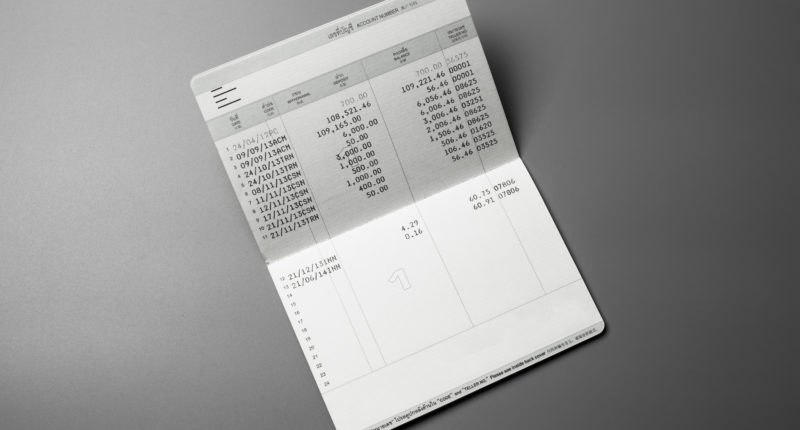The Reserve Bank of India (RBI) recently raised the minimum amount for offering non-callable Fixed Deposits (FDs) of banks from Rs 15 lakh to Rs 1 crore, which comes into effect immediately.
This change effectively means that the customers can now have an option to prematurely withdraw their money from FDs of up to Rs 1 crore. Senior citizens will be able to gain through this move as they rely on safe, guaranteed returns after their retirement.
Prior to this notification, the limit was Rs 15 lakh, allowing banks to offer premature withdrawal on all FDs up to Rs 15 lakh and for non-callable FDs above Rs 15 lakh.
In FDs, there are generally two categories: non-callable and callable. In non-callable FDs, a customer does not have an option to prematurely withdraw their money before the tenure is completed. On the other hand, in callable FDs, customers can withdraw their deposits at any time after paying the penalty, if any, which could differ from bank to bank.
Banks tend to offer callable and non-callable FDs with different interest rates for the same tenures. However, banks are known to offer higher rates on non-callable FDs. As per the RBI notification, the banks can offer FDs without the premature withdrawal option; this is not mandatory, though.
For customers, the rule change means they can withdraw FDs prematurely, even in cases where it is over Rs 15 lakh. Earlier, this option was available for callable FDs. A customer will now gain in case the interest rates witness a spike.
Banks are known to offer higher rates on non-callable FDs in an effort to discourage premature withdrawals if the interest rates increase. Therefore, a higher interest rate is provided on FDs with no early withdrawal facility.
As per the changed rules, the banks can offer non-callable FDs to non-resident term deposits, that is, Non-Resident (External) Rupee Deposit and Ordinary Non-Resident (NRO) Deposit, for an amount of Rs 1 crore and above.
However, these term deposits should be from citizens that can either be in single or joint name. As per the notification, this change is applicable to both commercial and cooperative banks.

Rajiv is an independent editorial consultant for the last decade. Prior to this, he worked as a full-time journalist associated with various prominent print media houses. In his spare time, he loves to paint on canvas.





